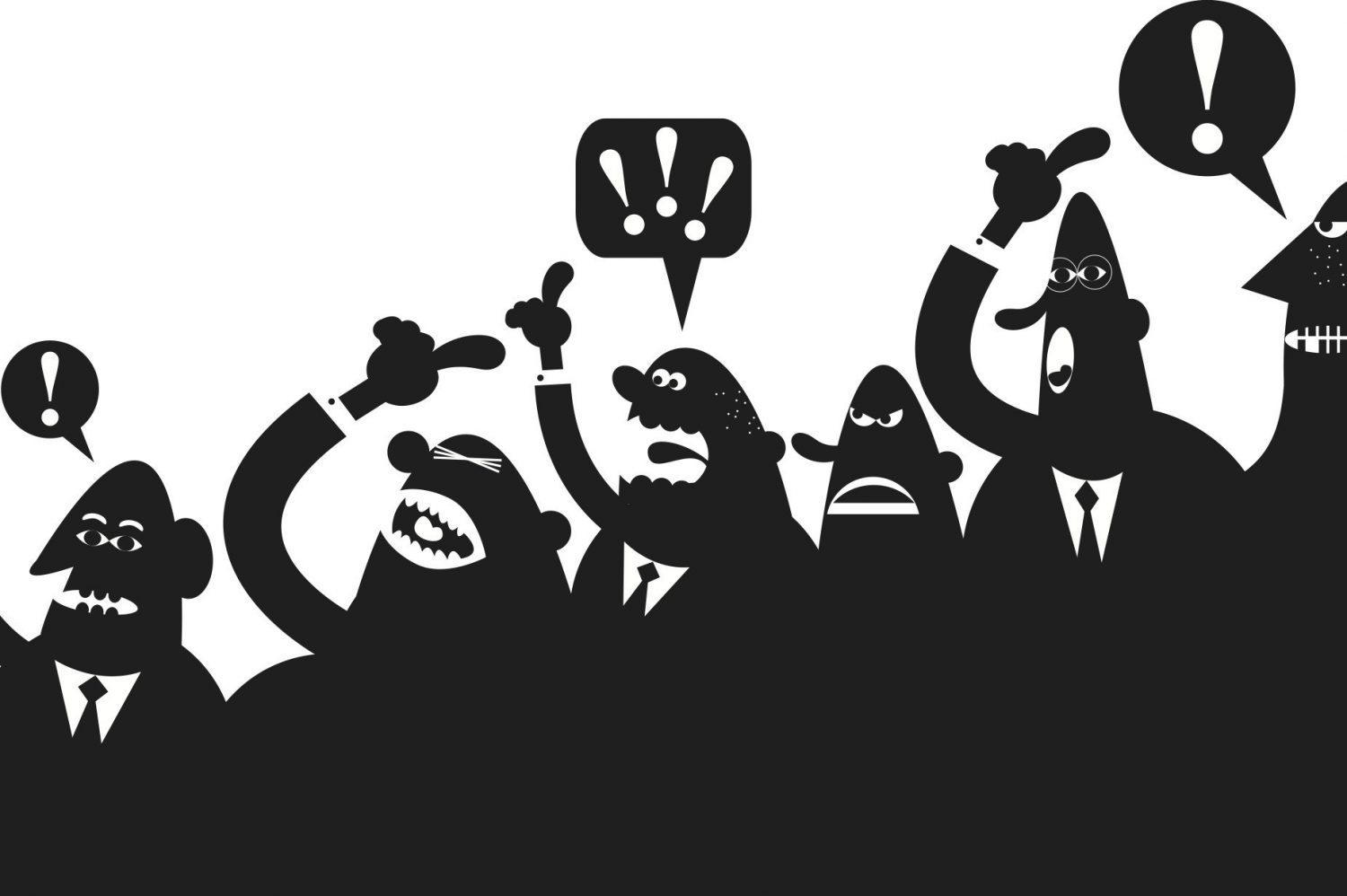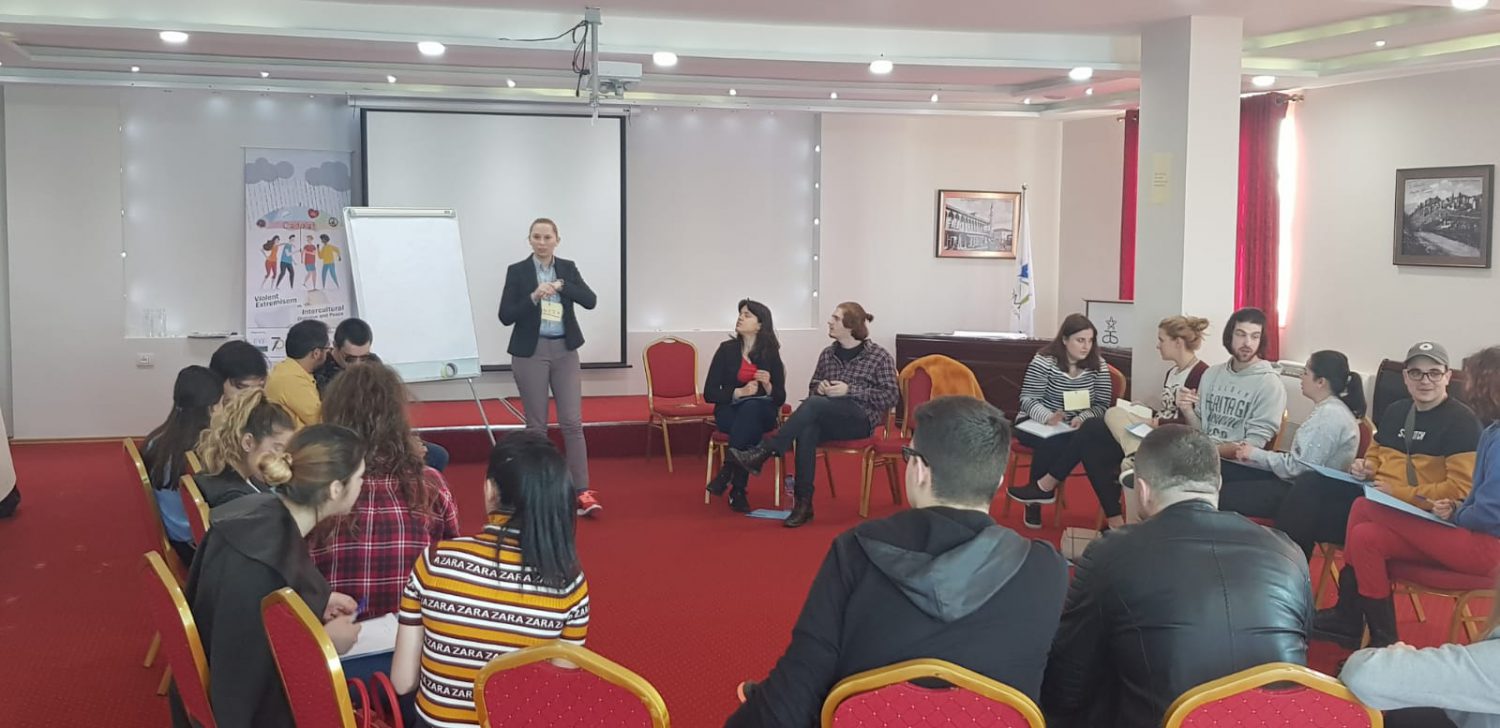Stress affects all, but on the mind and body in a direct and powerful way. Stress affects our energy and contributes to tiredness, negative thinking and feeling of anxiety, including fear, frustration, anger, self-pity, and depression. Permanent stress makes us more susceptible to emotional imbalances and diseases. Numerous disorders are caused or exacerbated by stress, including hypertension, heart disease and cancer. As a trigger, stress can play a major role in the beginning of the consumption of alcohol and other intoxicants. For people who are recovering, stress is often the cause of relapse.
Stress is frequently talked about, but what exactly is it?
Stress is an imbalance between your current coping abilities and the expectations or demands placed on you, including demands that you place on yourself—both real and perceived.
It’s important to understand that stress doesn’t only come from negative or problematic experiences. Positive experiences can also create considerable stress. Graduating high school or college, starting a new and promising job, getting married, having a child, buying a house, and planned relocations are all generally positive events. However, they also represent significant life changes that, for most people, are naturally and normally quite stressful. For most people, change—even when it is extremely positive—creates stress.
Stressors—the factors that generate stress—take three fundamental forms:
- Internal: Primarily “self-inflicted” based on self-imposed expectations, values, or standards that you (e.g., perfectionism) or others (e.g., other people are supposed to behave a certain way) “should” or “must,” maintain.
- External-Interpersonal: Based on interactions and relationships with others—tension, conflicts/arguments, abuse, violence between people who know one another.
- External-Impersonal: Environmental—weather, natural disasters, wars, random acts of violence, big-picture political-economic circumstances, etc.
Stress, anxiety & fear
Fear, anxiety, and stress are a vicious triangle—they contribute to and reinforce each other. The more fear and anxiety people experience, the more stressed out they tend to be. And, the more stressed out people are, the more anxious and fearful they tend to be. Stress automatically and unconsciously activates the systems in your body involved when quick response and rapid action are required. These include survival-oriented fight-flight-freeze reactions to perceived threats, Psychology Today reports.
However, the stress-activated responses of the brain and body don’t differentiate between physical and emotional threats, or between dangers that are real or imagined. When you’re stressed over a busy schedule, an argument with a friend, coworker, partner, or child, a traffic jam, or your monthly bills, your brain and body react essentially the same way as they would if you were facing a life-or-death situation that requires a flight or fight response.
Chronic, ongoing exposure to stress interferes with your attitude, social and family relationships, work, and health. Regardless of whether you are in actual physical danger or simply feel like you are—chronic stress negatively affects nearly every system in your body. It can raise your blood pressure, suppress your immune system, increase your risk for heart attack and stroke, and speed up the aging process. Symptoms of excessive stress may include: forgetting, cynicism, negativity, self-criticism, emotional irritability, low frustration, reduced empathy, anxiety, depression, physical fatigue, neck or back tightness, abdominal pain, headache, decreased productivity, sleep disorder, appetite disorder , reduces interaction with others or isolation.
Like other repetitive experiences, long-term stress rewires the brain, leaving you more vulnerable to fear, anxiety, depression, and yes, more stress. As a result, learning and practicing ways to facilitate relaxation in order to counteract the stress you experience is vital to health, balance, and healing.
Self-Calming: Managing and decreasing your stress (and fear and anxiety)
There are many methods and practices that can help you manage and reduce your level of stress. All of these represent tools to help you self-calm. Self-calming practices generally combine intentional breathing and focused attention to help relax and quiet the mind and the body. Intentional breathing is only one of a wide variety of practices that you can learn to activate your body’s relaxation response. The relaxation response is the physiological opposite of the stress response that triggers fight-flight-freeze reactions. The relaxation response helps to reduce and even reverse the physical, mental, and emotional effects of stress. Activating the relaxation response helps to facilitate the experience of that all-important, but often elusive, quality: serenity/inner peace/peace of mind.
The physiology of self-calming
Self-calming practices work by inducing changes in the part of the central nervous system known as the autonomic nervous system (ANS), and specifically, the parasympathetic division of the ANS. The ANS regulates many organs and muscles, and affects functions such as heartbeat, breathing, digestion, and sweating. It’s the sympathetic division of the ANS that triggers the stress response, which increases heart rate, breathing, and blood flow whenever we’re stressed. The parasympathetic division of the ANS does the antithesis—activating the relaxation response that decreases heart rate and breathing, and reduces blood pressure, facilitating physiological rest and recharging. Engaging the parasympathetic division of the ANS, effectively reboots your neurological and physiological systems.
As a result, by practicing methods that reduce activity in the sympathetic division and increase activity in the parasympathetic division, you can reduce your stress and anxiety, enhance you immune system, boost your energy levels are boosted, and improve you overall well-being.
There are a variety of practices that can stimulate your relaxation response and induce the experience of greater calm, including but certainly not limited to intentional (conscious) breathing, progressive muscle relaxation, yoga, Chi Kung, and meditation. Because the connection between fear, anxiety, and stress is so direct and powerful, each of these approaches will also help you to better manage and decrease your fear and anxiety. These are skills you can learn and practice. It’s important to find those that fit and work well for you.








